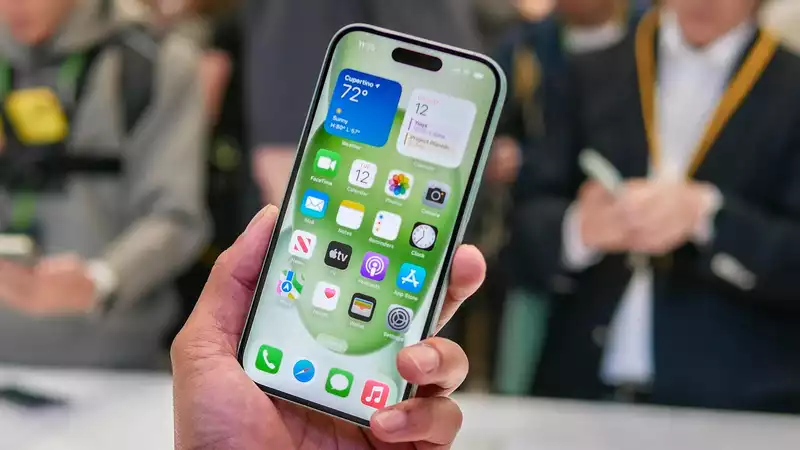Earlier this year, there were reports of an attack targeting iPhones in which hapless users were permanently locked out of their Apple accounts Scammers either get close to their targets or simply spy on them, write down the passcode, steal the phone, and quickly change the Apple ID password before the owner can remotely lock the account
This is an extreme example of shoulder surfing A more innocuous example might just be a nosy neighbor reading what you are typing in iMessage, but it is still an unwelcome invasion of privacy Apple seems to be trying to discourage such nosy people with two interesting patents
The first patent, as spotted by AppleInsider, outlines a "privacy film" with a "light-shielding layer" as a base for the phone's screen This results in people only being able to see light from the screen if they are looking directly at it, making it difficult for those spying from the sidelines to see what is going on
The problem with this idea is that the actual owner would also not be able to comfortably view the screen from certain angles
Perhaps that is why the second patent offers a more flexible solution to the same problem The idea here is to create "a display with an adjustable viewing angle"
This is done via "electrically controllable filters" that control the polarization of the screen Presumably, this could be activated automatically when using a messaging app, in a private Safari window, or when entering a passcode
It is worth noting that Apple does not specifically mention the iPhone in either patent, so it is possible that they are considering implementation on the Mac, iPad, or Apple Watch Likewise, it is possible that these ideas will never become commercially viable products on paper, since registering a patent is not the same as actively working on something
Apple is not the first company to consider ways to tackle shoulder surfing Third-party companies have long produced privacy screen protectors that, like Apple's first patent, artificially limit the viewing angle of the screen to which they are attached
As for first-party solutions, BlackBerry, reborn under TCL Communications, has experimented with a rather clever feature called Privacy Shade This was a software solution that blacked out the entire screen except for a one-line window that could be dragged over a document displaying a small amount of text at a time Today, you can still get third-party applications that claim the same thing










Comments